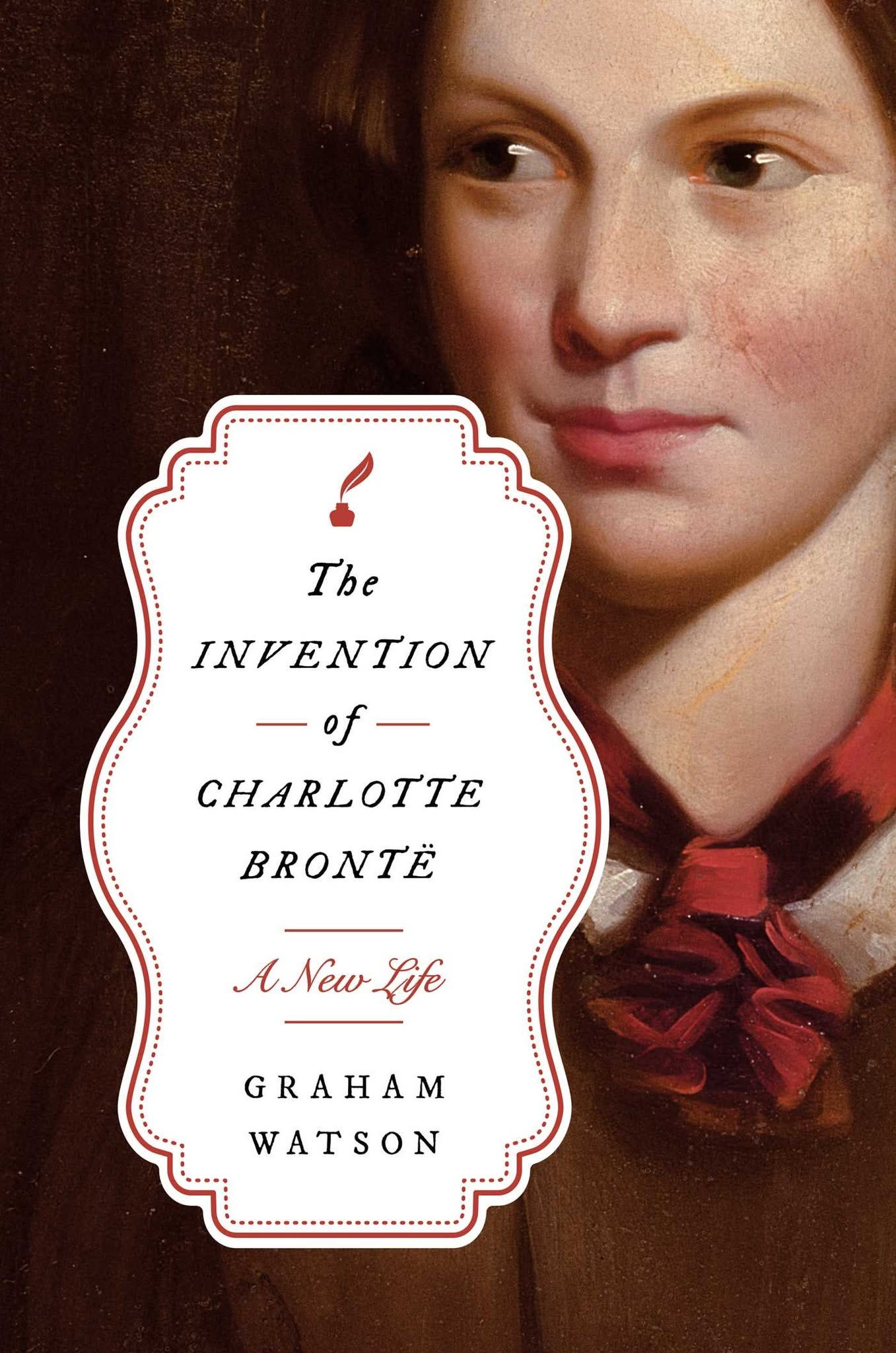Charlotte Brontë’s life was complex and dramatic. A survivor of unimaginable loss, she turned her back on the past to become not only an acclaimed writer but a figure of public fascination. There has not been a biography of Charlotte in over 10 years and in this interview, Graham Watson makes his very convincing argument as to why another one was needed.
In her effort to make sense of it all, Brontë’s friend, the novelist Elizabeth Gaskell, produced a tell-all biography that revealed secrets of love, rivalry, and rebellion. Charlotte had been treated shabbily by many and Gaskell was out to seek justice for her friend. The life she had begun to reinvent for herself after the tragic deaths of Anne and Emily is often overlooked and barely gets a mention. No more.
In his ground-breaking debut, The Invention of Charlotte Brontë, Graham Watson revisits this story not to sensationalise it, but to restore Charlotte’s voice. It’s a biography that reclaims Brontë’s legacy from the myths that have long overshadowed her.
In our conversation, Graham shares his fresh perspective on the final chapter of Charlotte’s life and how his research sheds new light on Elizabeth Gaskell’s sensational Life of Charlotte Brontë, published in 1857, which Graham sees as a whistleblowing exercise ultimately compromised by those Gaskell wished to expose. He reflects on the dangers of tidying up women's lives to fit a narrative, and why the truth matters, especially for those who were written over in their own time.
Graham Watson is a writer and editor who studied English language, linguistics and literature at the University of Glasgow. His first paper, on fraudulent Brontë portraiture, was published in Brontë Studies in 2019. The Invention of Charlotte Brontë is his first book, out now in the UK and from August in the US.
It is to be published in the US with this cover:
Our sincere thanks to Graham for this incredibly fascinating talk on his excellent book. One piece of advice - read it.















Share this post